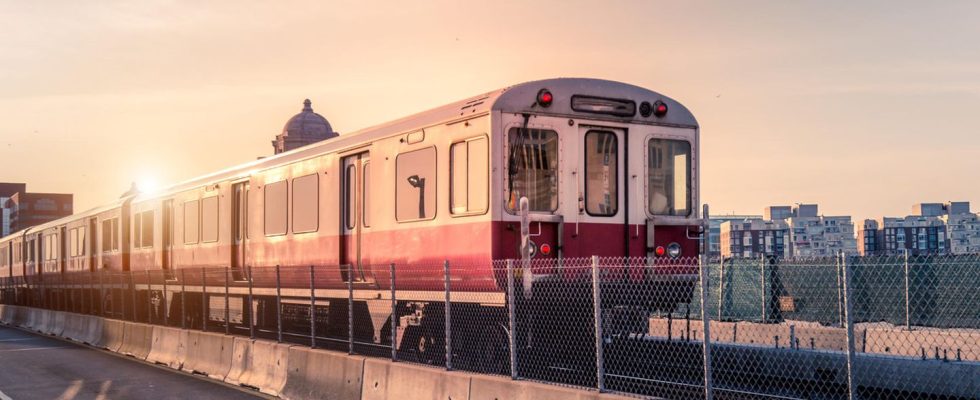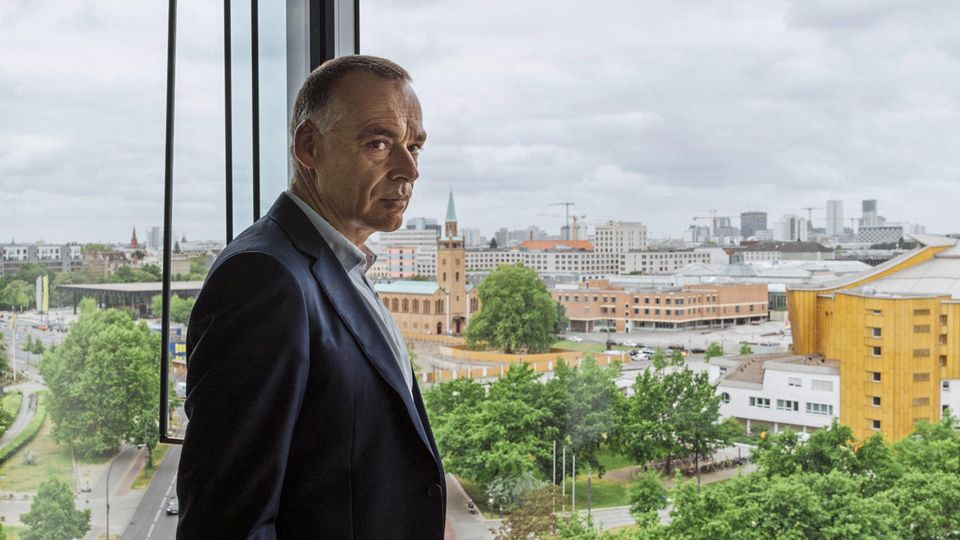Boston
Free subway rides: students hack ticket and don’t pay a cent more for their tickets
Who knows how, free subway rides in Boston.
© Elijah-Lovkoff
More than 15 years ago, hackers demonstrated how vulnerable the Boston subway ticketing system is to fraud – lawsuits rained down. However, subsequent improvements were apparently considered unnecessary – and so students were recently able to use the security gap again.
The “Defcon” is considered the largest event for hackers. It has been held annually in the US gambling metropolis of Las Vegas since 1993. Over the years there have always been smaller and larger scandals, because this is where those who cause a lot of unrest in the digital world meet – and not everyone likes that. In 2008, for example, the Massachusetts Bay Transportation Authority (MBTA), the operating company of the public transport in the Boston area to have a lecture by hackers prohibited by law. It should explain how to overturn the ticket system and use public transport for free. The lecture never actually took place, but the presentation notes made their way to the public nonetheless.
When two students found out about it in the summer of 2021, their curiosity was piqued: should the age-old hack still be possible? They didn’t expect any great opportunities, because of course they had to assume that such a huge security gap would have to be closed after 15 years. But in conversation with “Wired” one quickly comes to the conclusion – despite the lawsuit and the scandal in 2008, the system error had not been addressed. It still worked.
Old hack rediscovered
The hackers recently told their story on the same “Defcon” – but this time with the permission of the MBTA. According to the report, they initially managed to reproduce the old hack without any problems. But the success came at an inopportune time – because a little later the operating company switched the system from cards with magnetic strips to modern RFID chips.
The talented teenagers, now a group of four, set to work studying how the new “Charliecard,” as the ticket is called in Boston, worked and applying the free ride hack to it. They succeeded in that too – and within a very short time they had a device in their hands that could be used to top up the cards as desired or even convert them to an employee card. In both cases, the cards enabled unlimited use of MBTA public transport.
Ranking
Traveling by bus and train in Germany – public transport is best reached here
Almost at the same time, they found out about another hacker in Boston who was also busy manipulating the MBTA cards. Impressed by the work of the young colleagues, he established contact with the right contacts at the transport company and enabled them to report the security gap with impunity.
Boston vulnerability will not be closed
Wired reports that twelve senior MBTA officials were present at the meeting where the students presented their work. They were amazed and grateful that they were presented with this hack. They described MBTA’s safety officer as a “fantastic guy”. They obviously understood each other.
Withholding certain technical details, the young hackers were then allowed to present their work at the renowned “Defcon”. Will the four young hackers use their work themselves? “No comment,” was all it said.
If that is the case, they have about two years left. Because although the MBTA is now fully aware of how the vulnerability works, it will not act. According to the report, analyzes have shown that no significant number of people benefit from it. Thus, no noticeable sales are lost.
And since a conversion of the entire system is planned for 2025 anyway, it is apparently no longer worth the effort.
Also read:
Free ride for hackers: IT experts crack outdated technology of German traffic lights
North Korean hackers hijack businesses ‘to bridge the gap between rich and poor’
3000 tickets for the bin: hackers save speeders from fines



